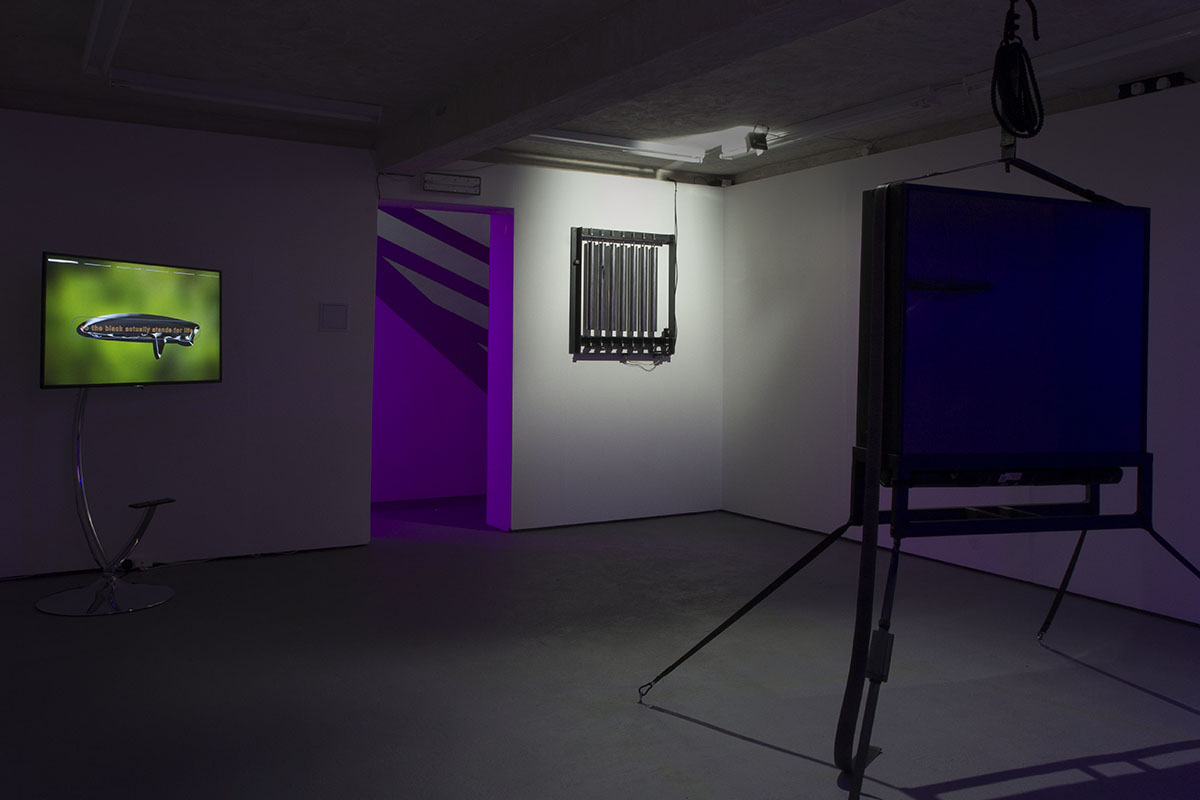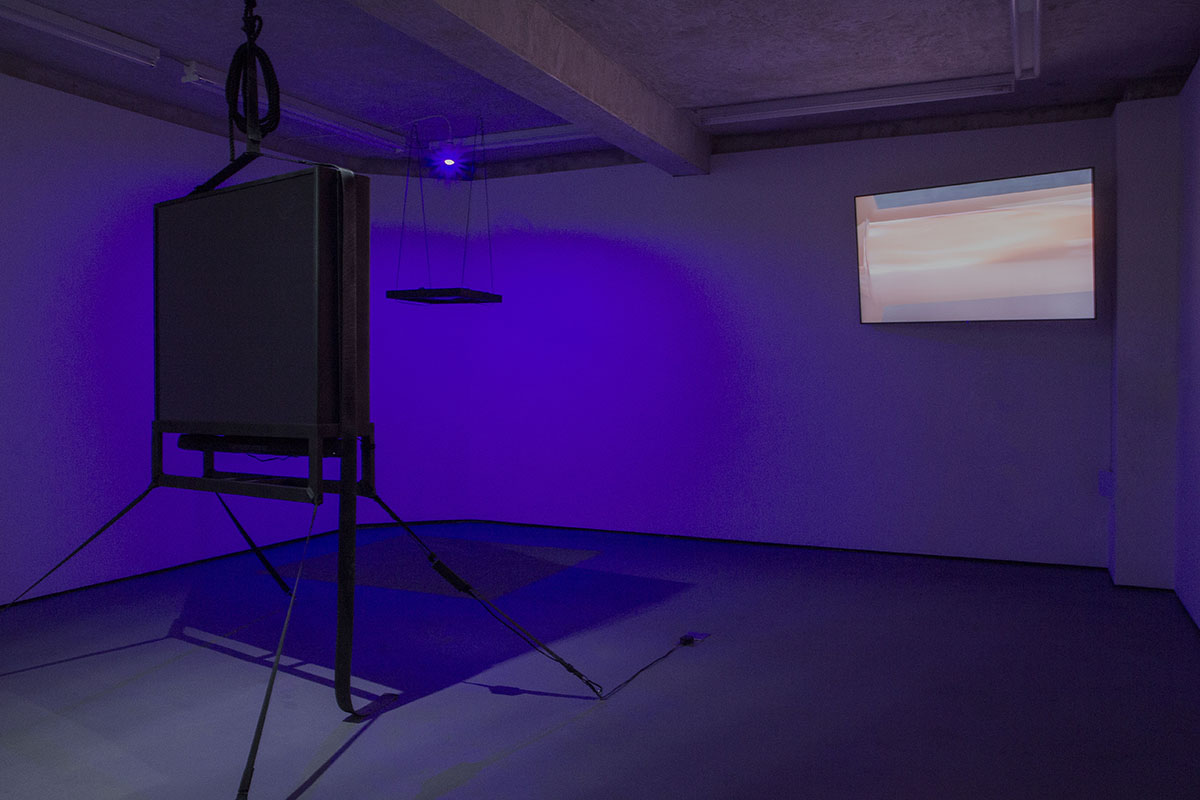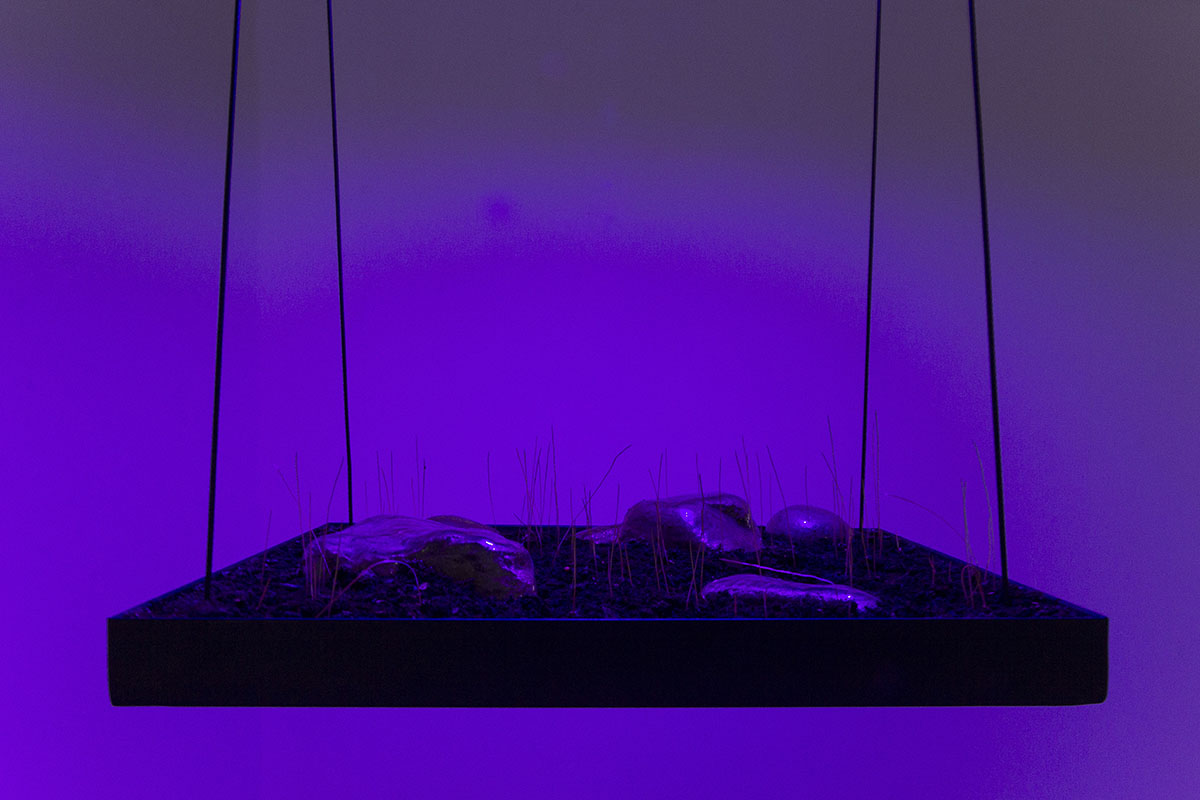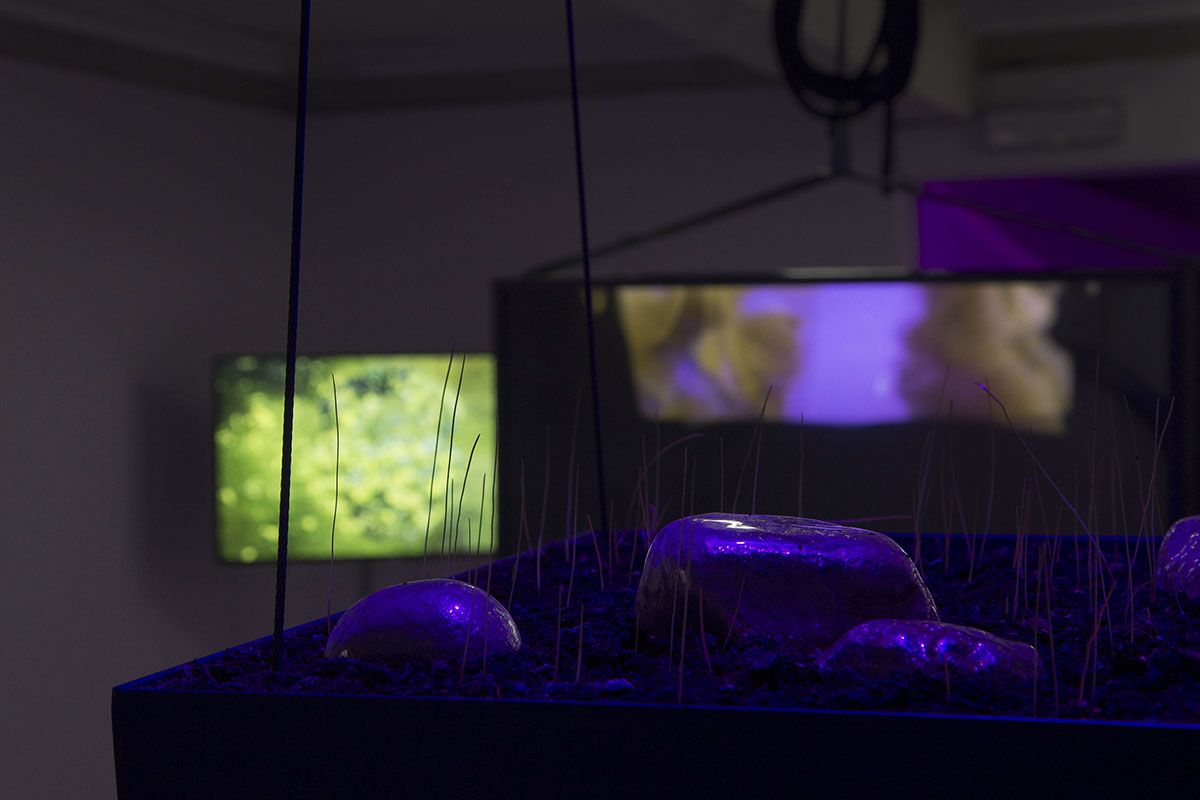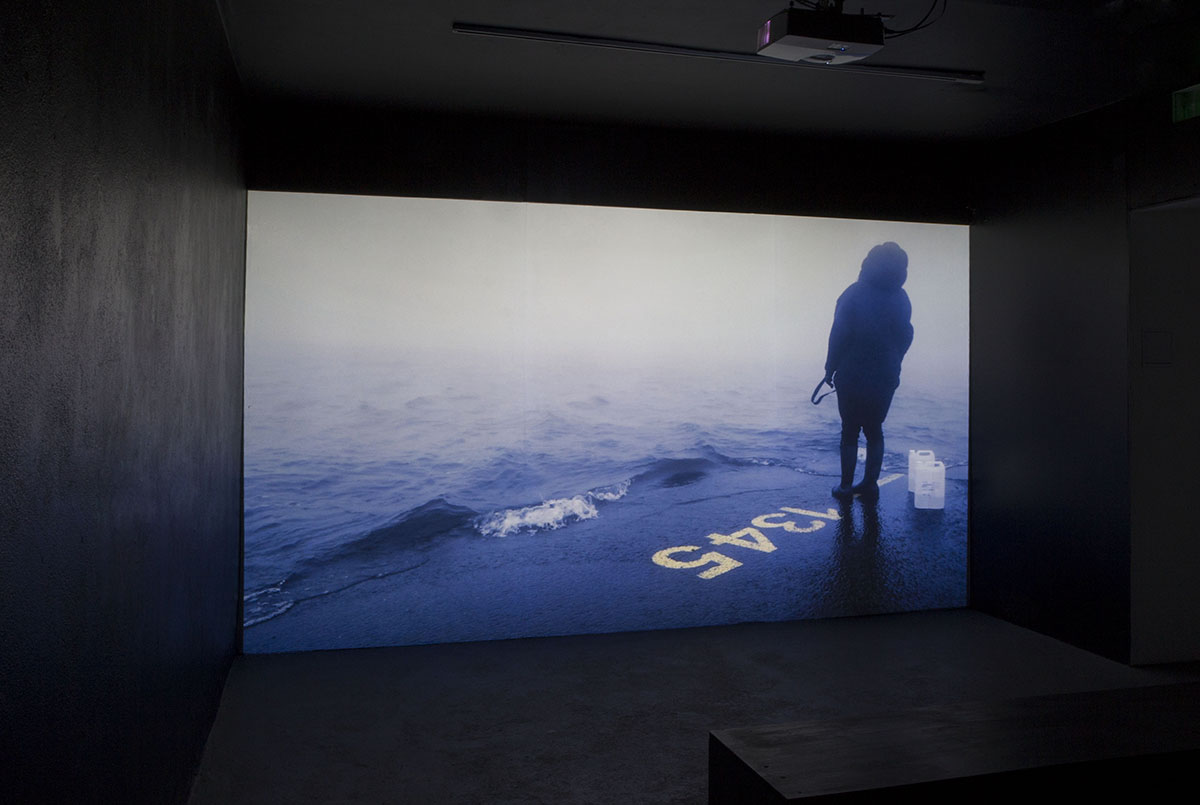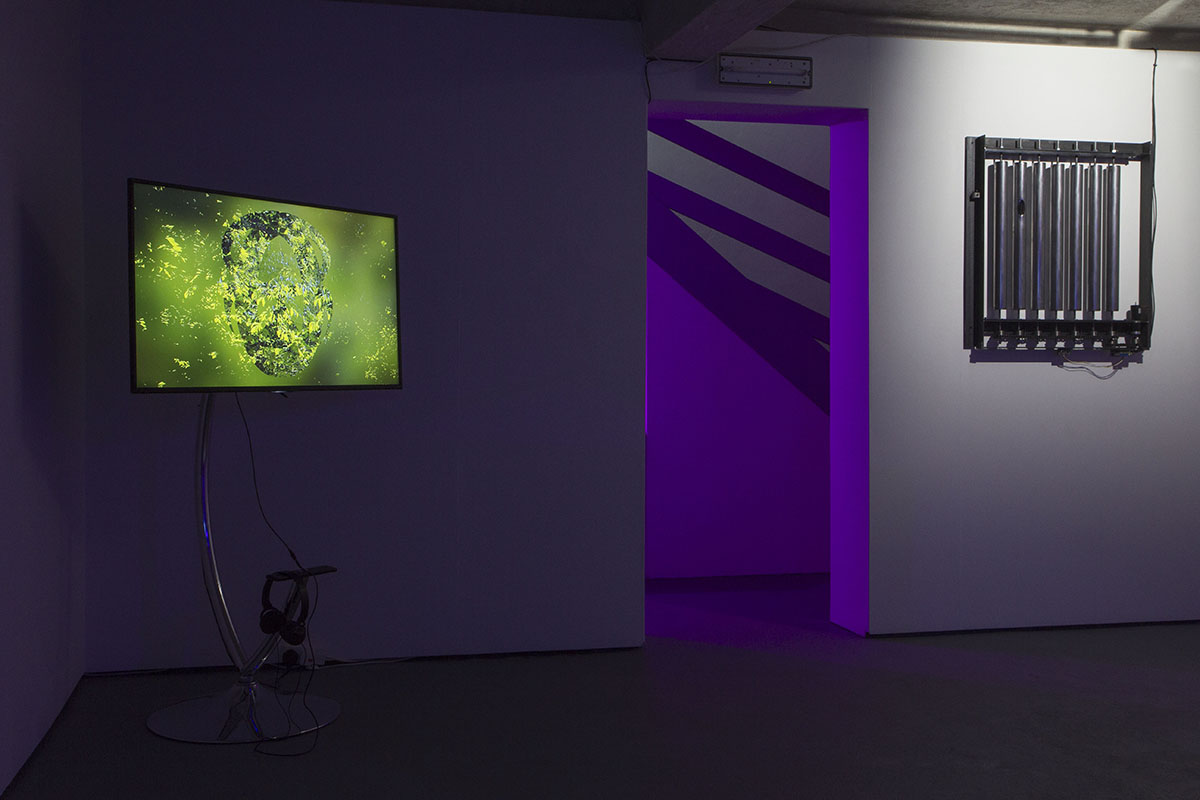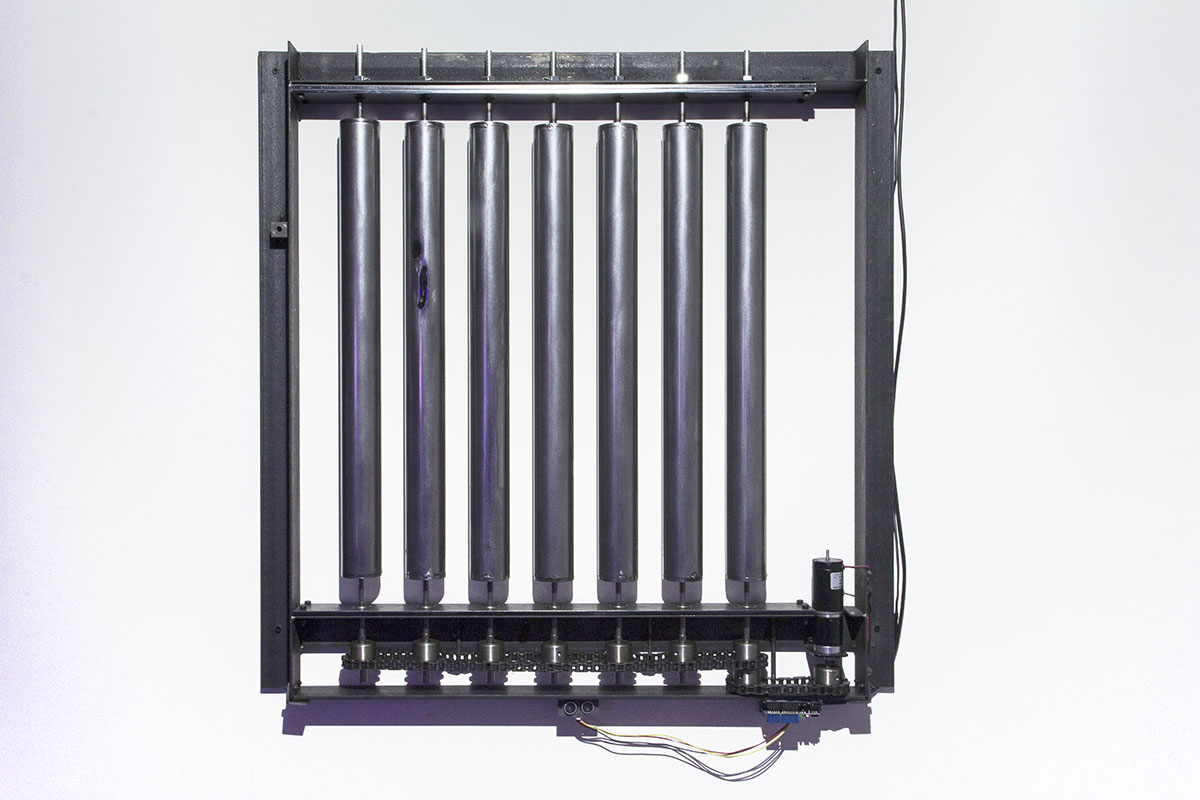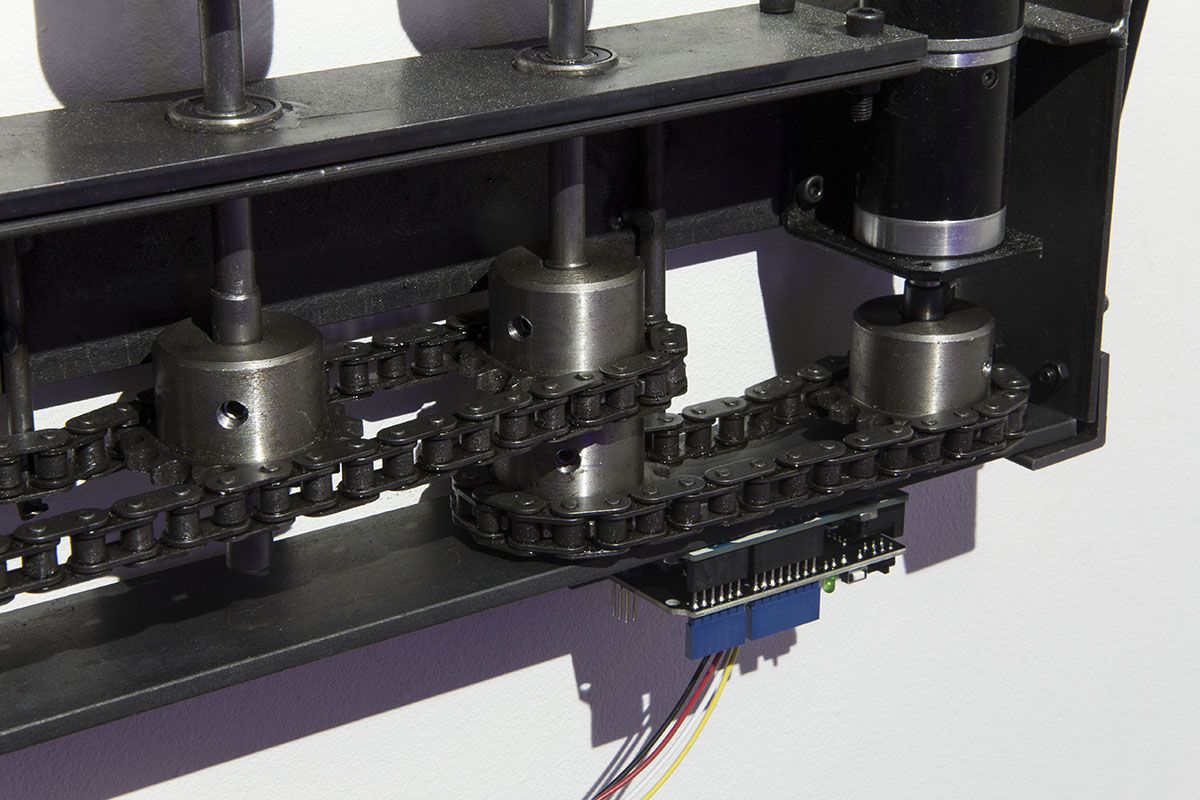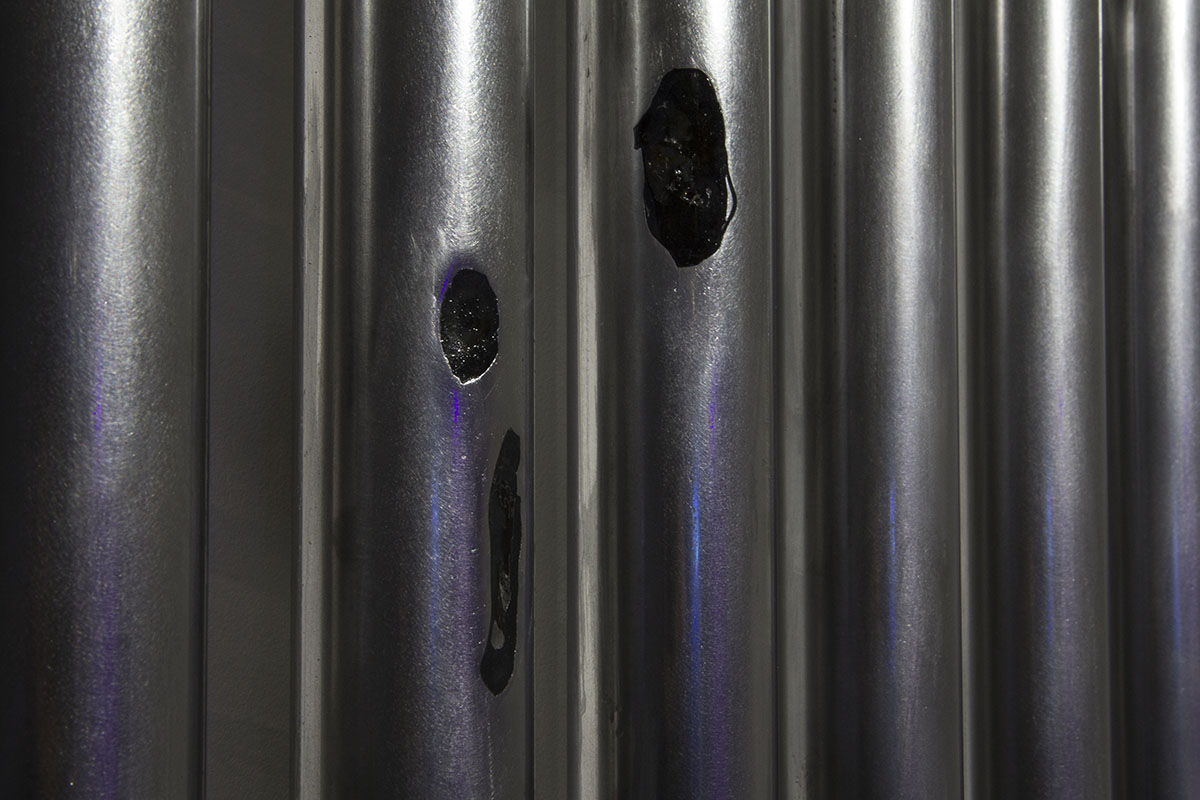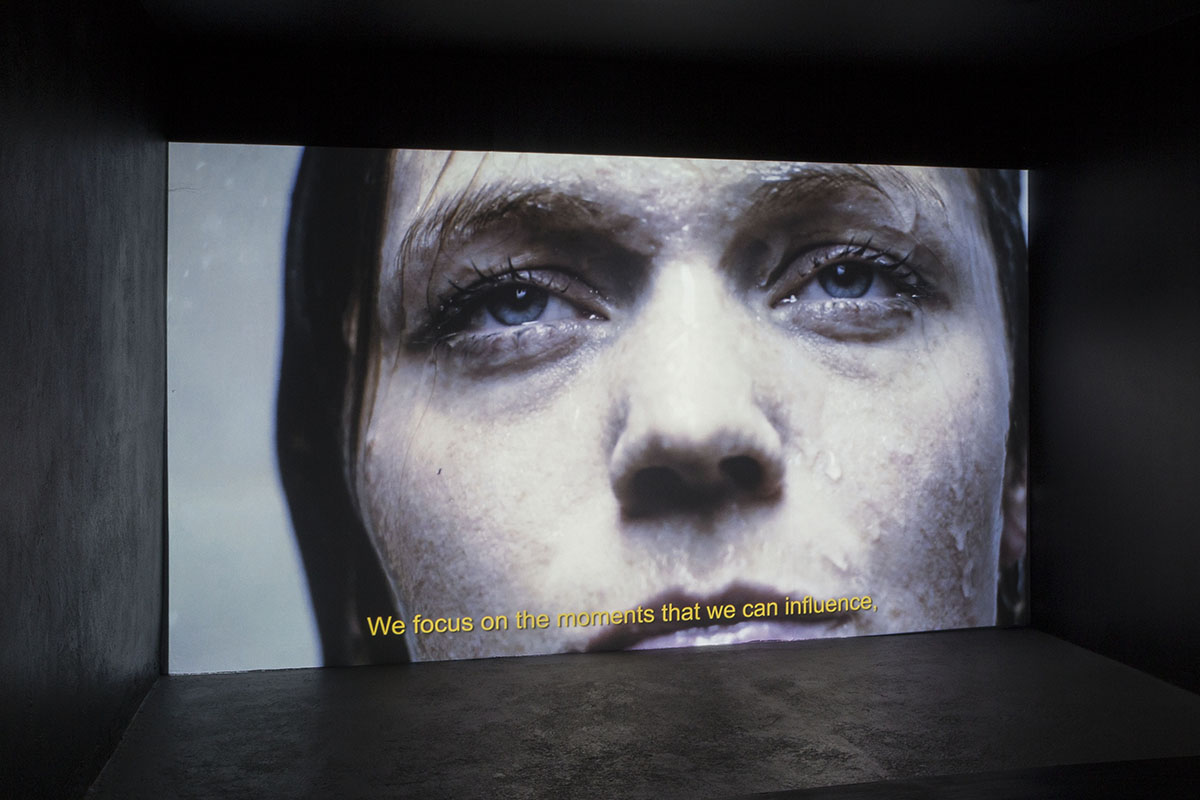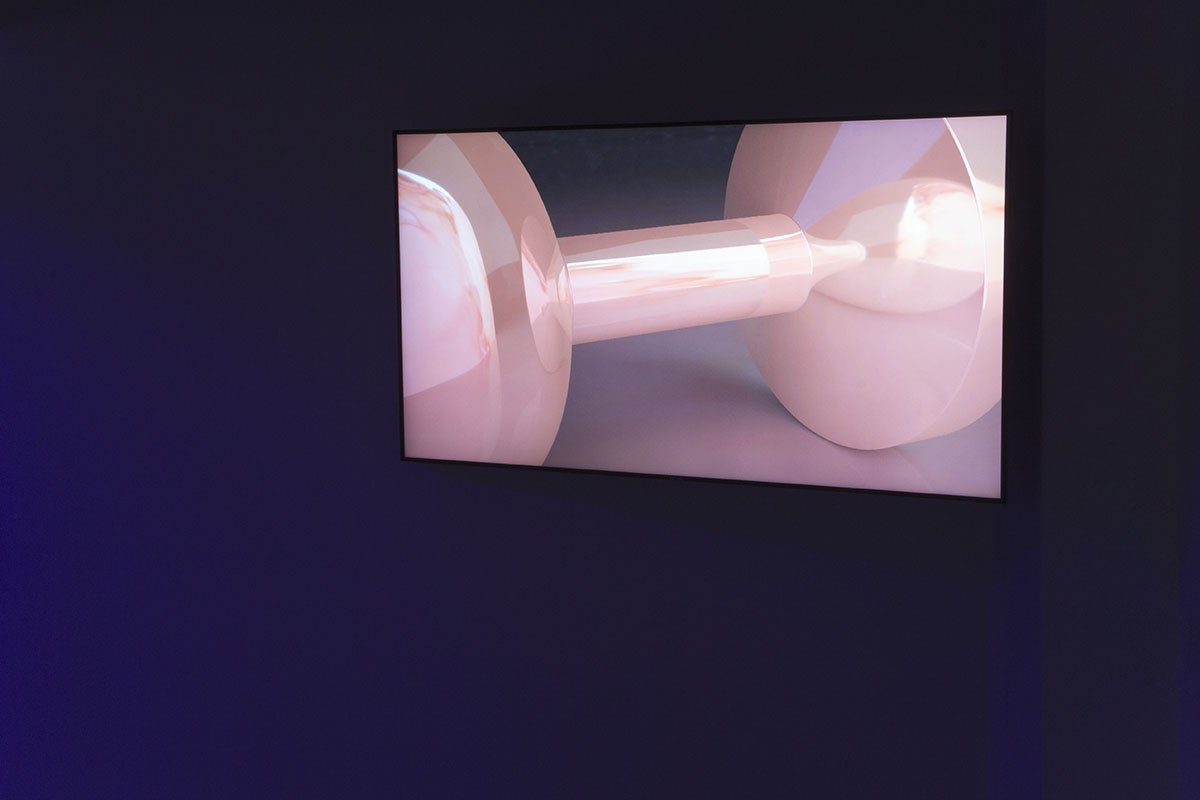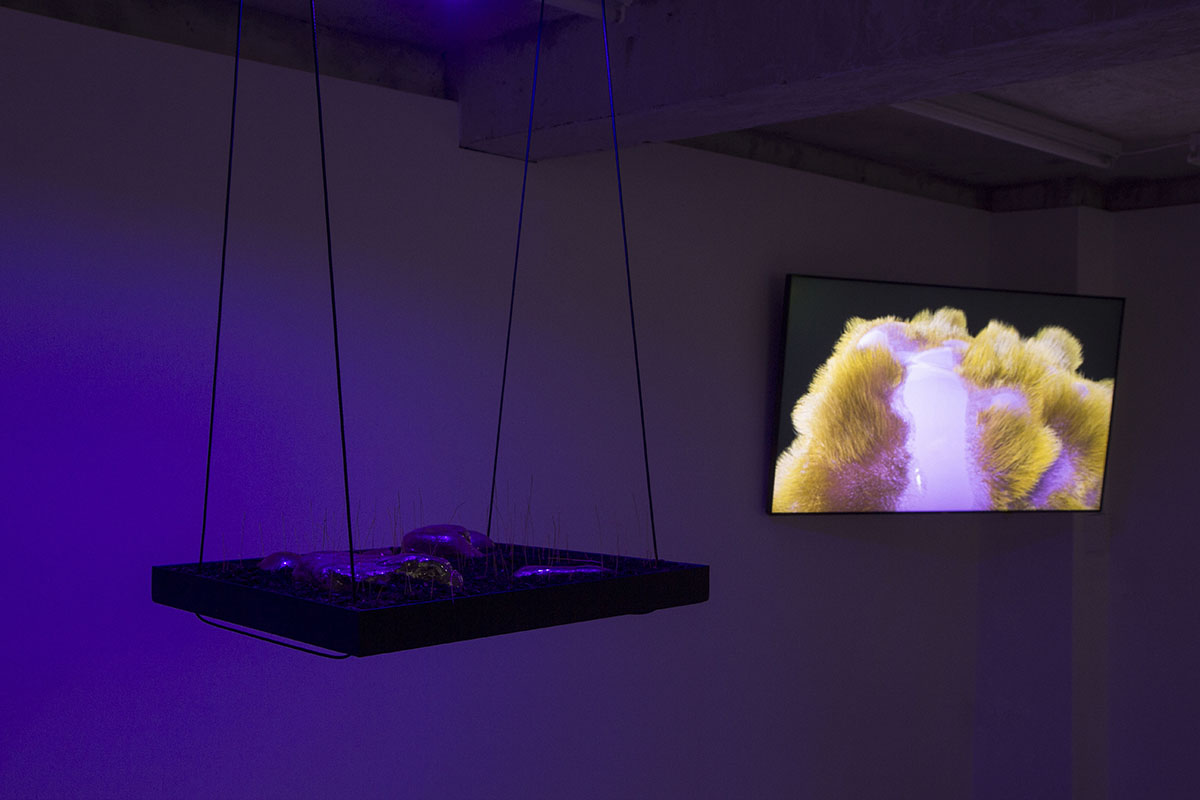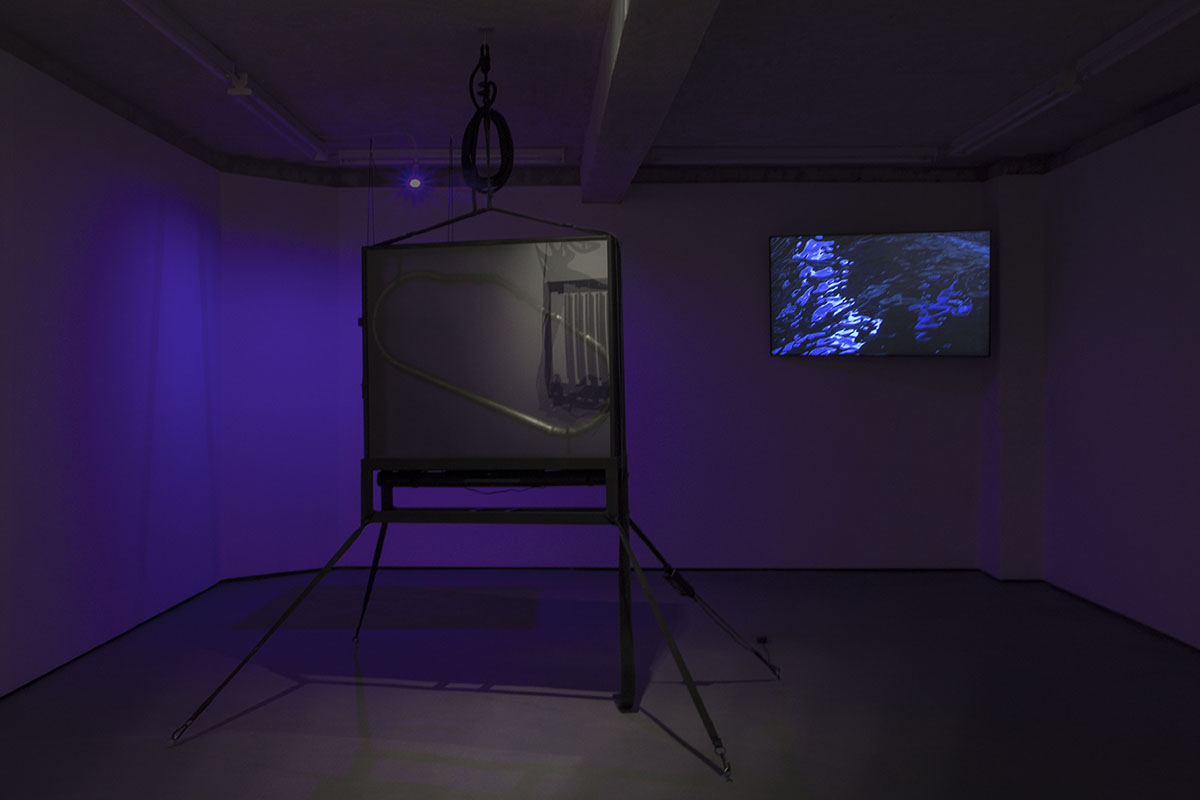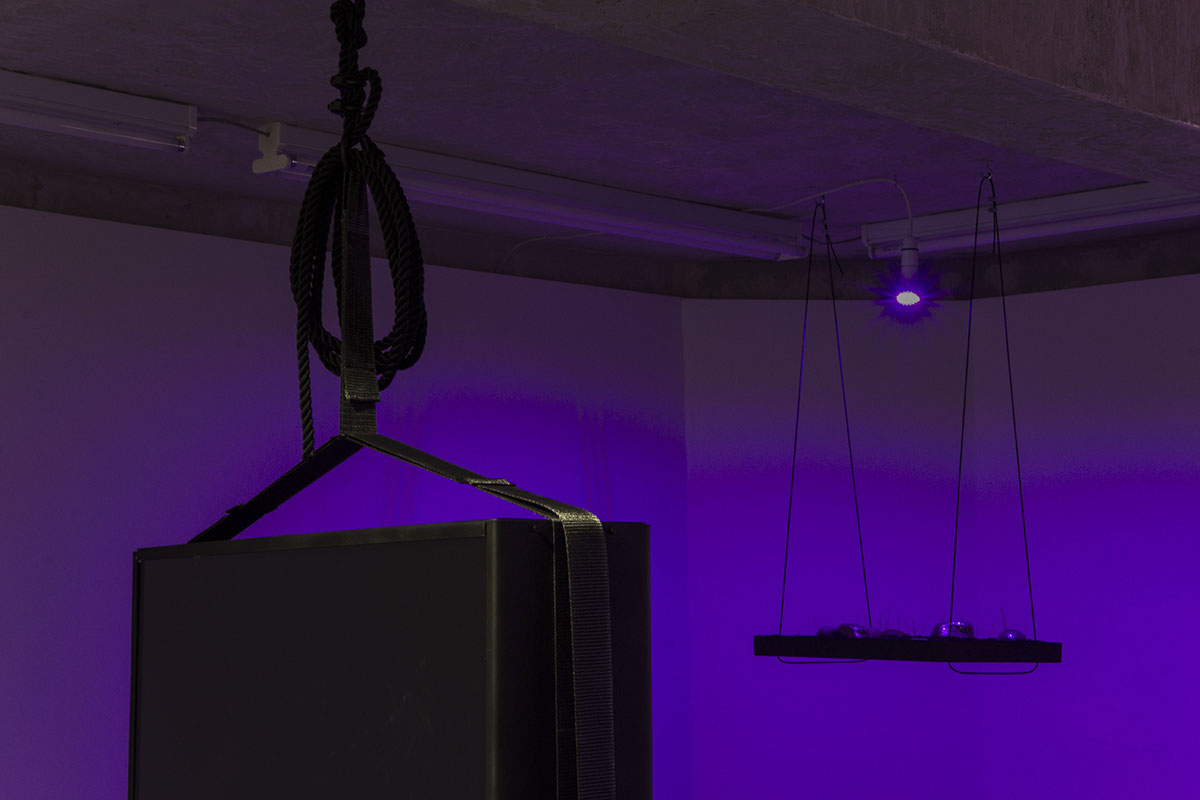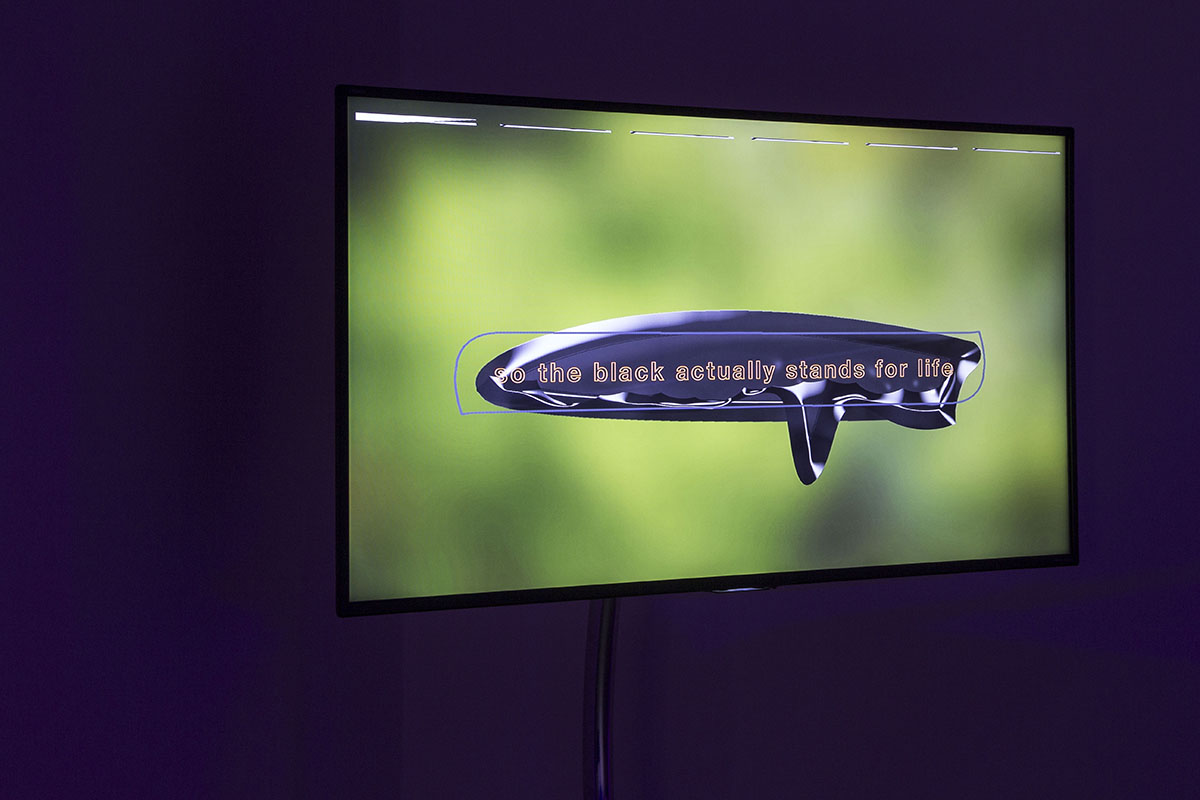
◊P | Protocols of Uncertainty
31st November - 16th December
Private View: 30th November 6-9pm
Yen Chun Lin / Milan Mazúr / Lucia Sgrafetto / Natália Trejbalová
Curated by Felice Moramarco
The promethean attempt to control and rationalise every aspect of the real has eventually brought about the opposite result: uncertainty, indeterminacy, and randomness massively entering the system, exposing its unresolvable inconsistencies. Instead of containing complexity, techniques of mediation have enhanced it, by triggering irreversible processes of increasing entropy within the system. In the totally technologically mediated environment, the exponential multiplication of level of abstraction, the widespread adoption of automation, and the consequent oversaturation of the infosphere has brought the metaphysical and epistemological structures of modernity on the verge of collapse; the traditional ordering principles of the real – space, time, and causality – have jammed; the distinction natural/artificial, human/machine, science/aesthetics have fallen apart – if they ever existed at all.
This process has increasingly drawn attention on the point of indistinction between living and non-living, which is prior to their separation. This is what the theorists of the Cybernetic Culture Research Unit (CCRU) call the “unlife”: a field of potentialities and virtual entities, where all the elements of nature coexist, and life is yet to emerge. The difference between living and non-living beings is indeed clear to everyone. However, how this distinction between organic and inorganic occurs is still a mystery. “All life forms are composed of molecules that are not themselves alive”, writes the physicist Steen Rasmussen in an article on Science. This statement is as obvious as difficult to acknowledge. That life emerges from non-living matter and is simply the result of a specific disposition of non-living molecules is still both psychologically and culturally hard to accept.
The fact that there is no ontological difference between us, living beings, and the rest of the matter that constitutes the universe undermines in fact all our pretensions to occupy a privileged position in the cosmos. To investigate this point of indistinction is necessary in order to comprehend who or what we are. Thus, the concept of unlife is what also retrospectively allows for the reconfiguration of the concept of (human) nature, making it a field open to experimentation. There are in fact no axiomatic formulae or predetermined models that can allow us to operate in such hypercomplex reality. The only possible way to navigate this chaotic cosmos seems to be by adopting an approach based on engineering and functional reasoning, which do not rely on fixed categories, but rather on paradigms in a constant state of evolution.
Supported by Alumni and Friends Funds – Goldsmiths, University of London
